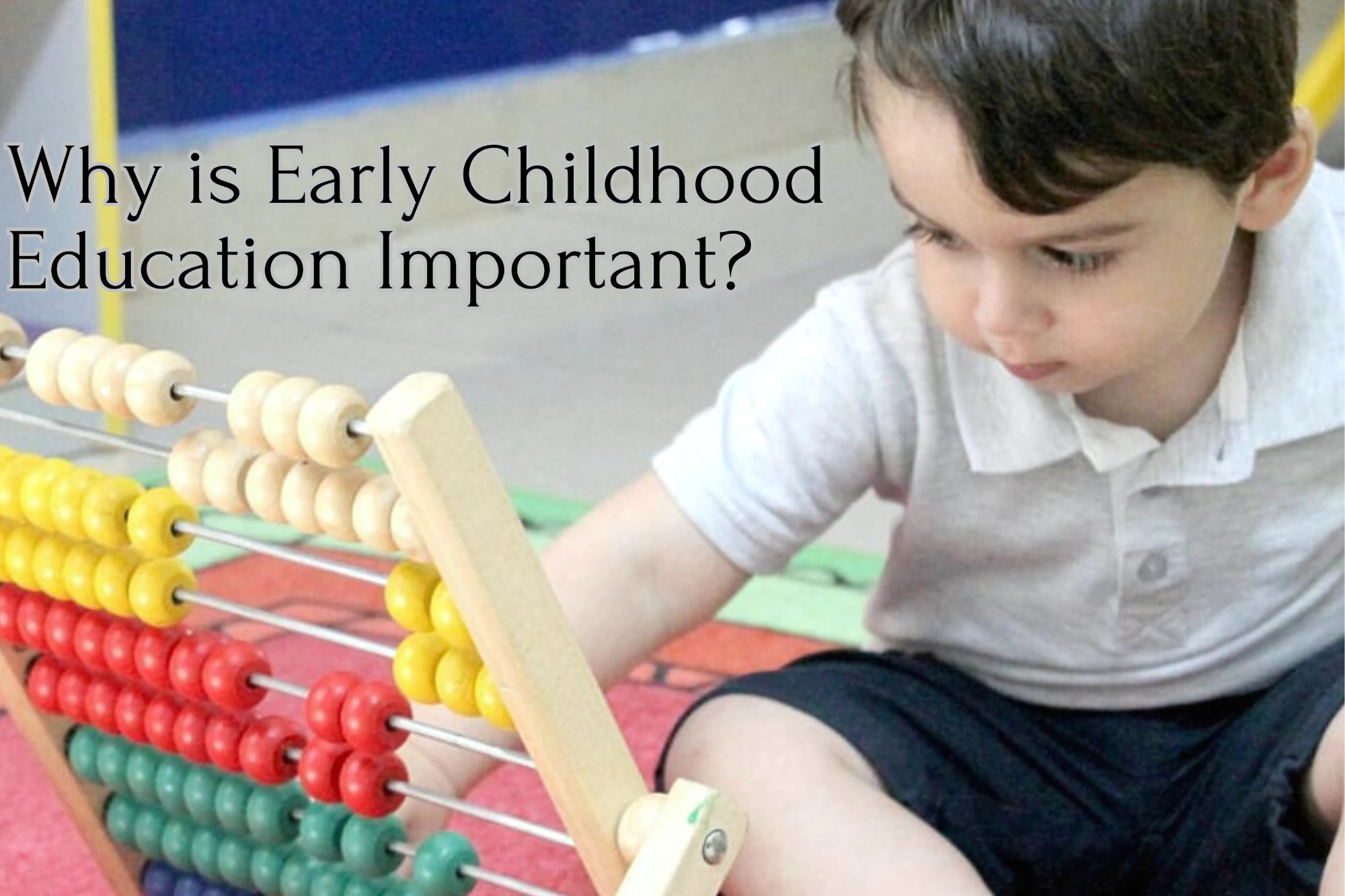



Early childhood education is of paramount importance due to several compelling reasons:
The early years, from birth to age 5, represent a critical developmental period when a child’s brain is rapidly forming connections that lay the foundation for all future learning, behavior, and health. Quality early education during this time can significantly impact a child’s cognitive, social, and emotional development.
Research indicates that children who participate in high-quality early childhood education programs are more likely to perform better academically, earn higher incomes, and have better health outcomes later in life. Investing in early education yields long-term benefits for both individuals and society as a whole.
Early childhood education provides opportunities for children to develop crucial social and emotional skills, such as empathy, cooperation, and self-regulation. Through interactions with peers and caring adults, children learn how to navigate relationships, manage emotions, and communicate effectively, setting the stage for success in school and beyond.
Quality early education programs prepare children for success in school by fostering a love for learning, building foundational literacy and numeracy skills, and promoting critical thinking and problem-solving abilities. Children who have access to early education are more likely to enter school ready to learn and achieve academic milestones.
Early childhood education plays a vital role in addressing disparities in educational achievement and opportunities. By providing high-quality early education to children from diverse backgrounds, including those from disadvantaged or marginalized communities, we can help narrow the achievement gap and promote equity in education.
Early childhood education serves as a support system for working families by offering reliable childcare and educational services. Access to affordable, high-quality early education allows parents to pursue employment or further education, contributing to economic stability and family well-being.
Perhaps most importantly, early childhood education instills a lifelong love for learning in children. By fostering curiosity, creativity, and a growth mindset from an early age, we empower children to become lifelong learners who are curious, adaptable, and resilient in the face of challenges.
In summary, early childhood education is crucial because it sets the stage for lifelong learning, promotes social and emotional development, prepares children for academic success, addresses inequities, supports families, and lays the foundation for a prosperous and thriving society.
Get in touch with us for admissions, inquiries, and visits. We’re here to assist you!
British Islamic Nursery in Sharjah offers a safe, nurturing, and Islamic-values-based early learning experience.
Copyright © 2025 British Islamic Nursery. All Rights Reserved.
Designed & Developed by QTC Infotech.